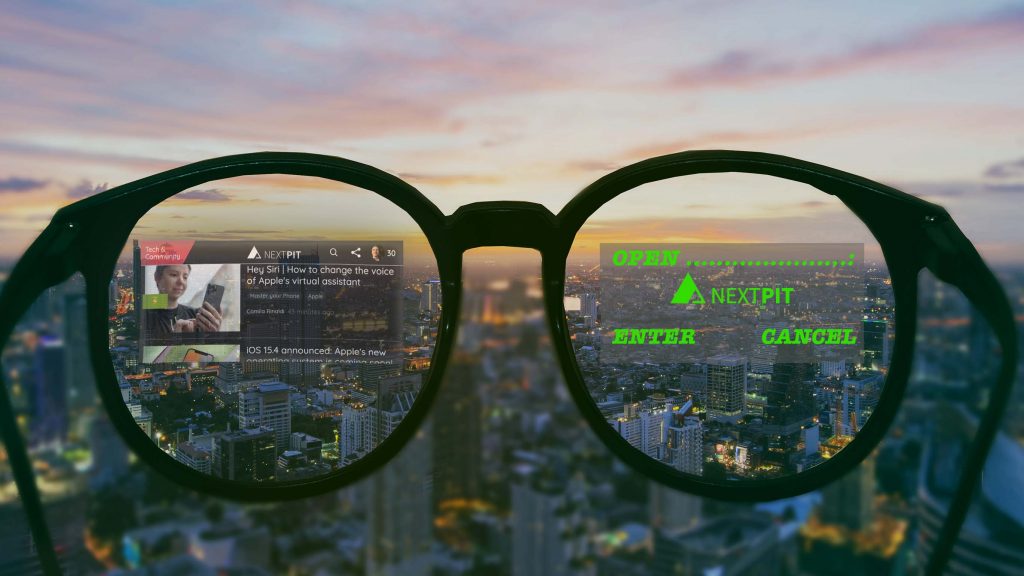Smart glasses have evolved significantly since their inception, with modern versions even featuring advanced capabilities like ChatGPT integration. However, a recent study suggests that the use of smart glasses might create an uneven playing field when worn by only one individual.
Researchers from the Cornell Ann S. Bowers College of Computing and Information Science and Brown University collaborated to delve into this matter, examining whether smart glasses bestow an unjust advantage upon the wearer.
According to a press release issued by the institutions, the study was a collaborative effort involving Jenny Fu, a doctoral student specializing in information science, and co-author Malte Jung, an associate professor in the same field. Additional contributors included Ji Won Chung and Jeff Huang from Brown University, both experts in the field of computer science, and independent extended reality designer Zachary Deocadiz-Smith. The investigation centered on five pairs of participants, each comprising a smart glasses wearer and a non-wearer. These pairs engaged in discussions about desert survival tasks while the wearer donned Spectacles, smart glasses equipped with a video camera and unique filters.
Post-conversation, participants were asked to reflect on their experiences. Wearers reported enjoyment of the interactive filters, whereas non-wearers expressed anxiety stemming from their inability to comprehend the amusement of the wearers. The absence of direct eye contact and the blocking of nonverbal cues by the glasses contributed to a less satisfying conversation for non-wearers.
Some non-wearers sought to regain a sense of control by directly inquiring about the content of the wearers’ experience. Such actions led to a newfound sense of empowerment.
The study’s lead researcher, Jenny Fu, highlighted a key takeaway: the empowerment of non-wearers. She observed that some non-wearers even altered their behavior to avoid being recorded or transformed by the filters. The research team proposed recommendations for smart glasses manufacturers, suggesting the inclusion of a projection display and recording indicator light to enhance transparency for both parties.
Furthermore, the researchers emphasized the necessity for more studies of this nature to ensure the inclusion of non-wearers’ perspectives. By engaging non-wearers in the development of mixed-reality technologies, companies can avoid unintentional exclusion.
While smart glasses undoubtedly grant wearers unprecedented advantages, such as instant access to information, this study underscores the need for manufacturers to consider the broader impact of their designs. The evolving landscape of technology necessitates a balance between innovation and the potential marginalization of non-wearing individuals. As smart glasses continue to advance, it is crucial to ensure that everyone remains empowered and engaged in the evolving technological ecosystem.

